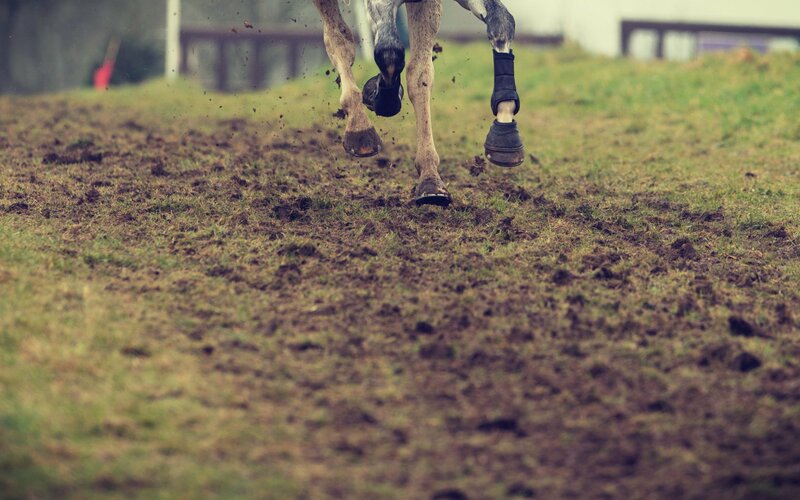
Managing mud fever
Winter brings plenty of horse health challenges, most notably conditions associated with wet and mud, such as mud fever. British Racesafe Junior team vet Spike Milligan, and equine vet and event rider Katie Brickman explain how best to combat and manage it in the event horse here.
What is mud fever?
Mud fever, also known as pastern dermatitis, is a common winter ailment. As the adage goes, prevention is better than cure, and there are management techniques that can help prevent mud fever’s onset.
What causes mud fever?
- Some horses are susceptible and will be plagued by the nuisance infection every year.
- Warm, wet, moist environments promote mud fever – horses can even get it from dewy ground.
How to prevent mud fever
- Horses’ legs are naturally waterproof and hosing them excessively can force water through the waterproof layer, damaging the skin and allowing the bacteria in the mud to penetrate it.
- Bring horses in from the field and leave their legs to dry naturally before brushing the mud off.
- If you have no choice but to hose their legs off, dry them thoroughly.
- Other preventative measures include mud fever-specific turnout boots and barrier creams.
- If you do use mud fever boots, take them off at night when the horse comes in to check no mud has gotten underneath.
- Limiting your horse’s turnout is another option – you don’t want your horse standing in knee-deep mud all day.
How to treat mud fever
- Remove the scabs first in order to treat the affected area underneath and kill the bacteria.
- Scabs can be very sore, so moisten the scabs first with diluted Hibiscrub and warm water to soften them, then wash the area with Hibiscrub or an antibacterial wash.
- Apply a mud fever cream.
- When using any creams or treatments, always check with your vet that they comply with competition rules.
- If the mud fever is severe, it may be worth clipping the legs to allow more effective treatment.
- Antibiotics may be required if the infection is really bad.
- You could also consider giving your horse a vitamin B supplement to help boost their skin immunity.
Now the feet and legs are sorted, find out how to look after your horse's gut here.
